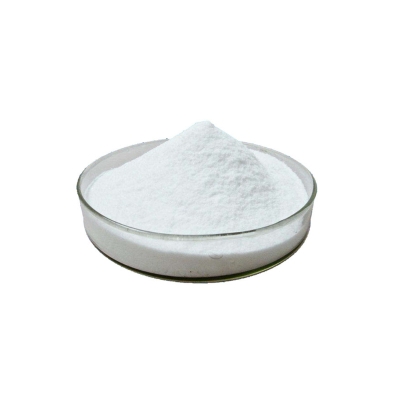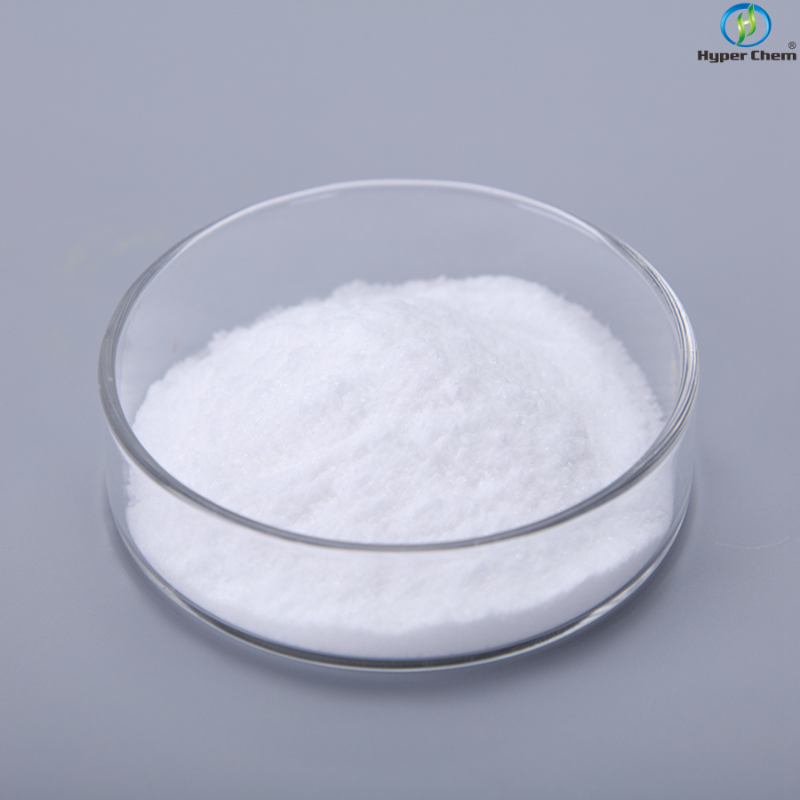-
Categories
-
Pharmaceutical Intermediates
-
Active Pharmaceutical Ingredients
-
Food Additives
- Industrial Coatings
- Agrochemicals
- Dyes and Pigments
- Surfactant
- Flavors and Fragrances
- Chemical Reagents
- Catalyst and Auxiliary
- Natural Products
- Inorganic Chemistry
-
Organic Chemistry
-
Biochemical Engineering
- Analytical Chemistry
-
Cosmetic Ingredient
- Water Treatment Chemical
-
Pharmaceutical Intermediates
Promotion
ECHEMI Mall
Wholesale
Weekly Price
Exhibition
News
-
Trade Service
The Mediterranean diet is the "King" of healthy eating patterns, ranking first in the healthiest, heart-healthy, diabetes-friendly, easiest to follow, plant-based categories, and has been named the "Best" for five consecutive years.
We collected 6321 participants from the Latino-Neurocognitive Aging Study (SOL-INCA) cohort and divided participants into low, moderate, and high adherence groups according to the Mediterranean Diet Score (MDS)
Neurocognitive testing at the beginning of the cohort showed that the high-adherence group had higher total Spanish-English Language Learning Test (B-SEVLT) scores, B-SEVLT memory scores, and overall recognition scores compared with the low-adherence group.
Changes in neurocognitive test results over an average follow-up period of seven years may be more telling
However, the Mediterranean diet consists of many components.
In order to dig deeper into the key components of the Mediterranean diet pattern, researchers from University College London published "Which components of the Mediterranean diet are associated with dementia? The UK Biobank Cohort Study" (Which components of the Mediterranean diet are associated with dementia? A UK Biobank cohort study), which followed nearly 250,000 participants for 11.
The researchers recruited more than half a million participants aged 42-69 from the UK Biobank
Results showed that in the model fully adjusted for confounders, consuming fish 2-4 times a week was associated with a 16% lower risk of all-cause dementia compared with participants who ate little fish (p=0.
In fact, in the original univariate model, increased consumption of processed meat was associated with an increased risk of dementia, and increased intake of unprocessed meat, fruits, vegetables, and cheese was associated with a reduced risk of all-cause dementia
Taken together, well-following the Mediterranean dietary pattern has benefits of improved cognitive performance and reduced risk of dementia







